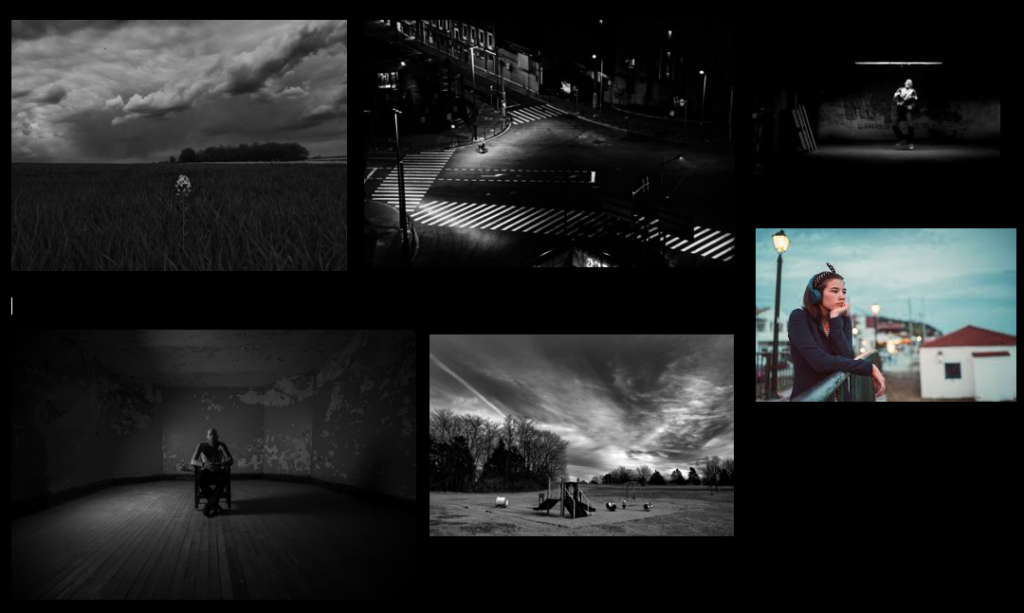Propp
CHARACTERS FUNCTION TO PROVIDE NARRATIVE STRUCTURE:
- Hero
- Helper
- Princess
- Villain
- Victim
- Dispatcher
- Father
- False Hero
Narrative Functions
- PREPARATION
- COMPLICATION
- TRANSFERENCE
- STRUGGLE
- RETURN
- RECOGNITION
Todorov
Most stories can be easily broken down into a BEGINNING / MIDDLE / END. :
- Equilibrium
- Disruption
- New equilibrium
Levi – Strauss
NARRATIVES (=myths) are STRUCTURED around BINARY OPPOSITIONS eg: good v evil; human v alien; young v old etc etc.
Chatman
- Kernels: key moments in the plot / narrative structure
- Satellites: embellishments, developments, aesthetics
Barthes
- Proairetic code: action, movement, causation
- Hermenuetic code: reflection, dialogue, character or thematic development
- Enigma code:
Memento
- non linear narrative
- no clear beginning, middle or end.
- staggered narrative
- clear kernels and satellites
Key Words / Ideas
- not real time / live – Elision or Ellipsis
- Flashbacks
- Flash forwards
- Simultaneous
- Parallel
- Foreshadowing
- Dramatic Irony
- Non – sequitars
- Light & Shade
- Proairetic
- Hermenuetic


